Originally posted by Imagination
View Post
I will entertain that for the time being. Can you tell me about the French influence in Russian? Why did it come about?
Macedonian certainly has some influences but I definitely would not call it a mixture of other languages.
What basis do you use to suggest Greeks came from India and Ethiopia?
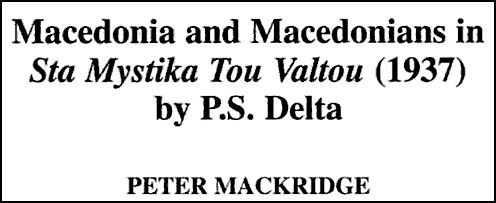
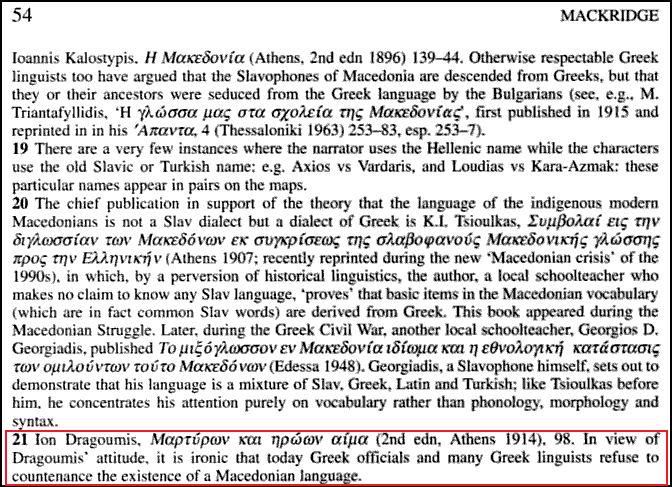
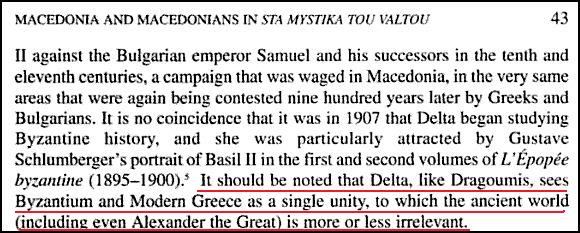
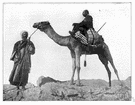

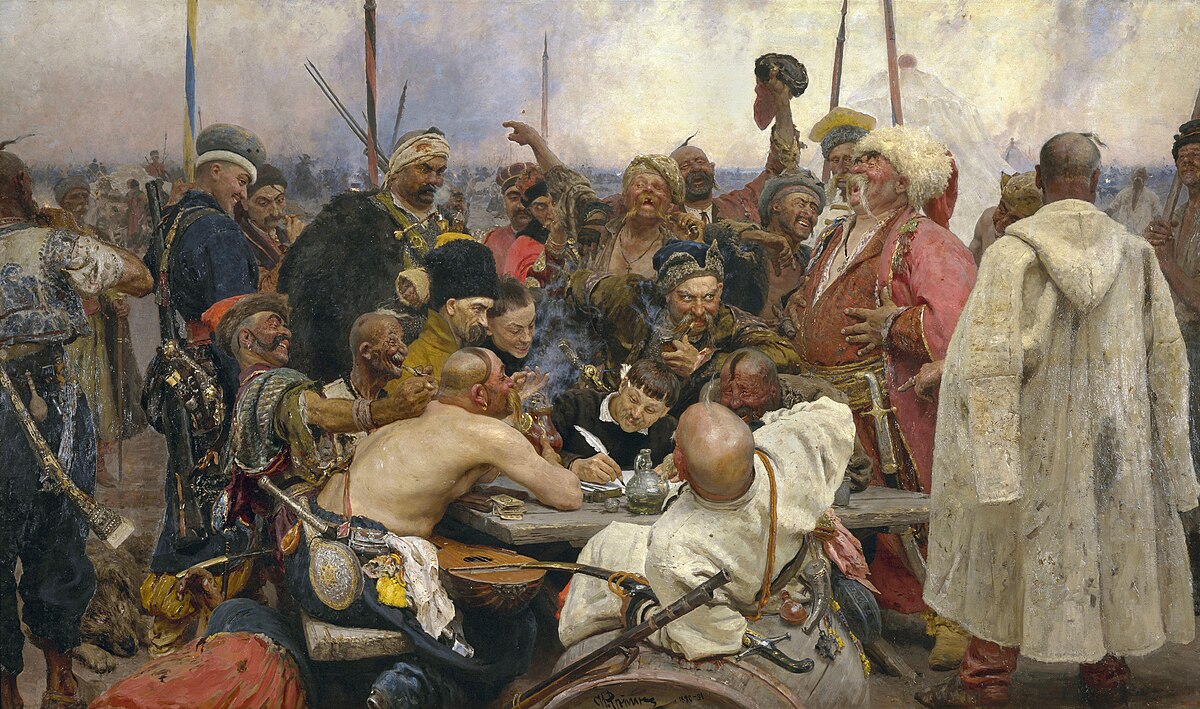

Comment